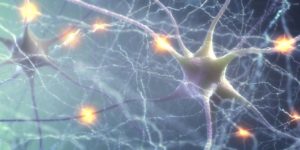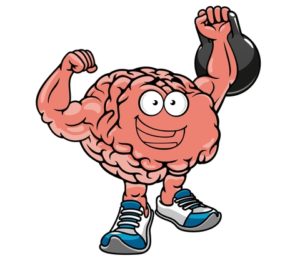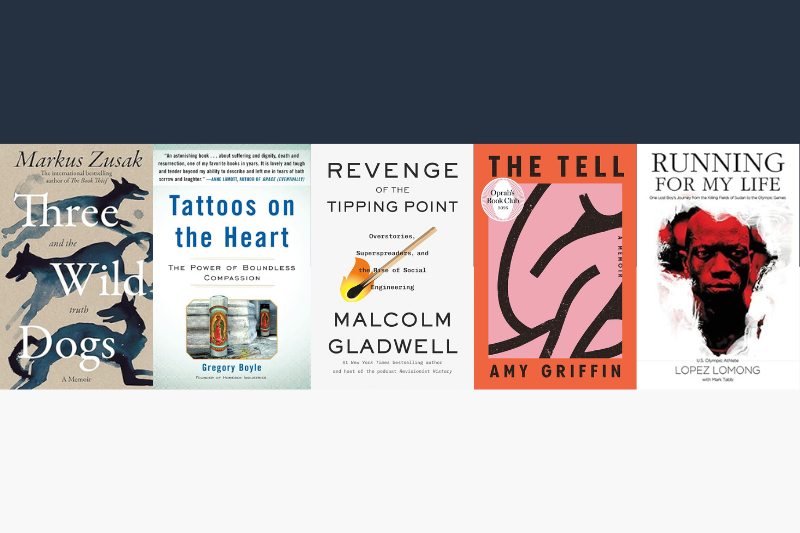If you feel like a mindset novice, before reading this article, you might find value in reading these two articles:
- What are Mindsets & Why are They Foundational to Our Success?
- Research-Backed Benefits of Possessing a Promotion Mindset
These articles lay the groundwork for why we need to focus on developing more of a promotion mindset.
Prevention and Promotion Mindsets
We possess a promotion when we have a clear destination that we are headed toward and we are seeking to get closer and closer to that destination. If we are a ship captain, we become willing to brave the winds and currents of the sea to get to a destination of our own proactive design. We are the driver of our lives.

We possess a prevention mindset when we are more concerned with not losing. If we are a ship captain, are focus is primarily on not sinking. Thus, we run from storms in order to stay safe. As a result, we end up in a destination that we did not intentionally set out for. Our progress and destination are determined by factors beyond ourselves, making us the passenger in our lives.
The difference is essentially the difference between being purpose-focused and being comfort-focused.
Developing More of a Promotion Mindset
To understand how to develop more of a promotion mindset, we must understand what exactly mindsets are. They are neural networks in our prefrontal cortex.

You see, our senses (e.g., sight, taste, sound) send their signals to our prefrontal cortex. Because our senses send more information to our prefrontal cortex than we can effectively process, we rely upon our mindsets, or specific neural networks, to filter out information that our mindsets deem to be most important. The information that our mindsets absorb is then interpreted in ways unique to our mindsets (e.g., different ideas are a threat vs. different ideas are an opportunity to see more optimally). Once the select cues are interpreted, it activates different elements of who we are (e.g., personality, goals, self-regulation) for further processing and action.
This means that when we talk about developing more of a promotion mindset, we are actually talking about strengthening the neural connection in our prefrontal cortex associated with a promotion mindset.
Strengthening Our Promotion Mindset Neural Connections
Our neural connections in our prefrontal cortex are not too different from muscles. The more they get exercised, the stronger they become. And, the stronger they are, the more we rely upon them when filtering information.

So, if we can exercise and strengthen our promotion mindset neural connections, we will rely upon them more when filtering the information our senses absorb.
But, just as going to the gym once doesn’t make one strong, exercising our neural connections intermittently will not lead to us consistently relying upon our positive mindset neural connections. If we want long-term improvements in our mindsets, we have to intentionally and consistently work out our more positive mindset neural connections.
We should expect that as we strengthen our promotion mindset neural connections that we will naturally become more purpose-focused and less comfort-focused.
Exercises for Our Promotion Mindset Neural Connections
Global Exercises
Swimming is one exercise that strengthens a number of different muscle groups in our body.
One primary global exercise for developing a promotion mindset is to develop a clear purpose for your life, work, parenting, etc.
For example, if you are a teacher, do you see your job as being a babysitter, as an educator, or as someone who is empowering the minds of others to have a greater positive impact in the world?
Depending upon your answer, you are likely to operate very differently in your role as a teacher.
Also, meditation is an exercise that globally strengthens our different positive mindset neural connections.
Meditation, over time, improves our (1) cognitive flexibility to move away from our more dominant negative mindset neural connections, and (2) cognitive capacity to explore relying more upon our less dominant positive mindset neural connections.
If you are a meditation novice, I think the best tool to get you started is the Headspace app, which comes with a great free introductory series.
Finally, I have developed a tool, the Digital Mindset Coach, which is an app or automatic email that invites you to exercise your positive-mindset neural connections on a regular basis (every other day) for 3-4 months. To learn more about it, check it out here: https://ryangottfredson.com/digital-mindset-coach.
Specific Exercises
The following are various examples of specific exercises that have been proven to improve our mindsets:
- Learn more about promotion mindsets
- Read Success Mindsets by Ryan Gottfredson (Hey, that’s me)
- Read Can’t Hurt Me by David Goggins
- Read How Will You Measure Your Life by Clayton Christensen
- Read The Economics of a Higher Purpose by Robert Quinn
- Read The Art of Possibility by Rosamund Stone Zander and Benjamin Zander
- Read Playing the Matrix by Mike Dooley
- Read this article: Unlocking Greater Success by Developing a Promotion Mindset
- Journal
- Use The Five-Minute Journal on a daily basis (I credit this journal for helping me shift from a prevention to a promotion mindset)
- Write two paragraphs (or more) of your goals and aspirations
- Watch videos that promote a promotion mindset
- Talk to others about promotion mindsets
- Questions to ask or answer:
- What is your/our purpose?
- When are times when we are more concerned about avoiding problems than reaching goals?
- Are we more concerned with maintaining the status quo than engaging in deep change?
- What characteristics do we need to develop now to be successful 5, 10, 20 years from now?
- Questions to ask or answer:
The more you regularly engage in these activities, the more you will exercise and strengthen your promotion mindset neural connections, and improve your ability to see, interpret, and respond to your world in more successful ways.
If you haven’t gotten my book yet, now is a perfect chance. Click here for my latest promotions and giveaways: https://ryangottfredson.com/books











